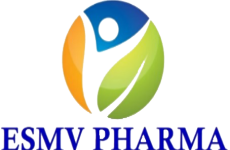- 36-37 Dar Al-Naeem - Old Airport Area BP 40210 Nouakchott - Mauritania
- esmvpharma@esmvpharma.mr
Systemes Controle de qualité

The quality systems of ESMV Pharma, which has been awarded the BPD GDP quality certificate by the Mauritanian Ministry of Health, aim to ensure the supply of pharmaceutical products with the highest levels of safety and efficacy, in full compliance with local and international standards. The Technical Manager and his team, which includes specialist pharmacists, in addition to an integrated support team, manage all technical operations from order placement to delivery to the customer, including tracking shipments, which the company always requires in refrigerated containers. On receipt of shipments from the factories, they are checked for conformity and security, sorted and the accompanying documents, including certificates of analysis and country of origin certificates, are verified. They are then entered via a robust information management system that enables all imports to be controlled, and batches to be tracked and traced, each according to its reference. Imports and exports are handled in controlled storage areas under highly efficient conditions.
The technical department also oversees the process of destroying and disposing of expired and spoiled medicines. The stock is sorted every three months, the data on these medicines is recorded and a detailed list including types, number, size, weight and value is sent to the pharmacy management to plan the destruction process, which is carried out exclusively by the health authorities at specific times.
In addition to technical management, there is a department specializing in quality assurance (QA), which works with technical management on specific tasks, including the following:
1. Commitment to Good Distribution Practices (GDP).
2. Verification of drug licenses
Ensure that all imported medicines have a prior import license from the Ministry of Health, and that each shipment contains the required documents, including the original invoice, a certificate of analysis for each product, and a certificate from the country of origin. In addition to the shipping document, which verifies shipping conditions, which must be at a temperature of between 15 and 25 degrees, or 2 to 8 degrees for certain products, such as insulin.
3. Transport and storage standards
Continuously monitor temperatures and humidity in warehouses and transport vehicles, record data daily and archive monthly.
4. Operations follow-up
Keep accurate records of all operations such as receiving, storage and distribution.
5. Application of the traceability system
Use of digital systems to track drugs throughout the supply chain.
6. Staff training
Train employees in quality and good distribution practices. And make them aware of the importance of complying with health standards.
7. emergency planning
Develop emergency response plans such as drug damage or withdrawal from the market if requested by health authorities or manufacturers, and communicate with supply partners. To ensure effective response to complaints and To provide immediate communication channels with pharmacies and hospitals.
8. Application of current regulations and laws
Compliance with the laws and regulations governing the field, and immediate response to implement all decisions made by the Ministry of Health and its regulatory and supervisory bodies.
All these systems are designed to strengthen trust between the company and its customers, ensure the supply of safe and effective products that meet market needs, and advance the healthcare sector to an advanced level, in line with the vision of the higher authorities to provide high-quality medicines to citizens at reasonable prices.



